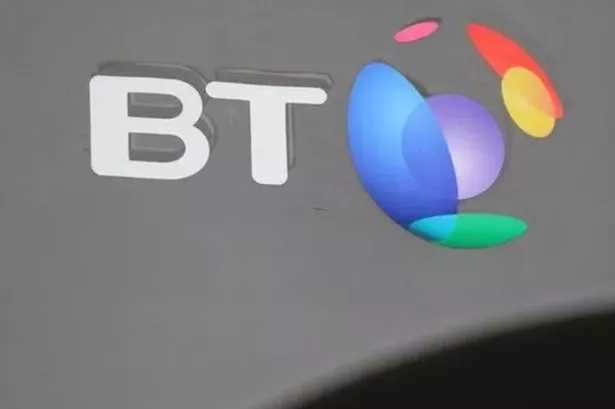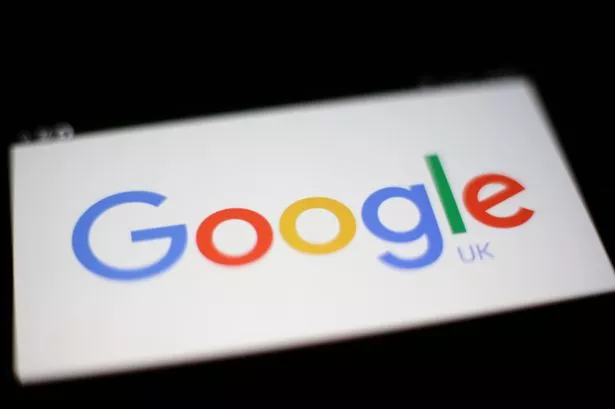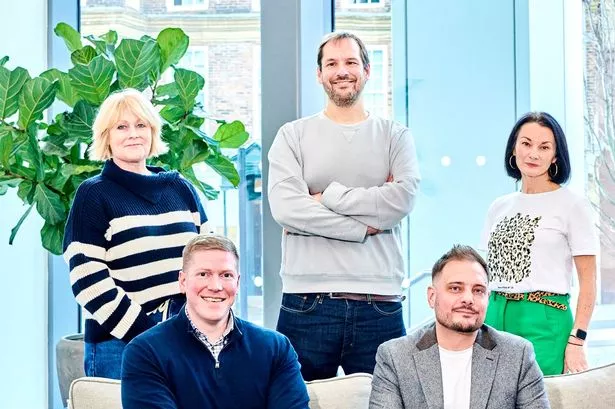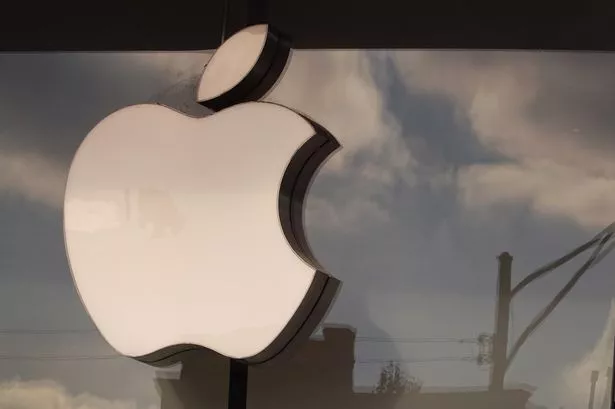
Nvidia's shares climbed 3.4% on Tuesday to $149.43 (£118.95) per share, putting it on par with Apple following a series of product launches at the CES event in Las Vegas.
The tech giant unveiled an array of new offerings, including gaming chips, a personal AI supercomputer, and AI models for robotics and self-driving cars, as reported by City AM.
Post-announcement, Nvidia's valuation soared to $4.66 trillion (£3.7 trillion), positioning it as the world's second-most valuable company, just behind Apple. Nvidia's CEO Jensen Huang highlighted the company's AI ambitions and potential growth in robotics, gaming, and autonomous vehicles, referring to robotics as a "multi-trillion dollar opportunity" in his keynote speech.
This development follows Nvidia's brief stint as the world's most valuable company last year when its market capitalisation reached $3.43 trillion (£2.66 trillion) in November, surpassing Apple's $3.38 trillion (£2.62 trillion). Microsoft currently holds third place.
Central to Nvidia's success is the introduction of the RTX 50 series, part of the Blackwell family, announced by Huang. These new gaming chips promise unparalleled performance and are expected to hit the market this month.
Analysts at AJ Bell have emphasised the significance of this launch, stating: "The RTX 50 series will use Nvidia’s Blackwell AI technology to support highly detailed, hyper-realistic graphics."
"This launch is a reminder that Nvidia is not just about AI; the business’ success was founded on gaming technology, and RTX 50 implies it remains on top of its ‘game", they said.
Another significant announcement from Nvidia's CEO Jensen Huang was the unveiling of Project Digits, a desktop AI supercomputer priced from $3,000 (£2,387).
Equipped with the new Grace Blackwell Superchip (GB10), Project Digits offers processing power previously exclusive to large-scale data centres. It can manage AI models with up to 200 billion parameters, expandable to 405 billion when two systems are connected.
"AI will be mainstream in every application for every industry. With Project Digits, the Grace Blackwell Superchip comes to millions of developers", Huang declared. The compact design, similar to a Mac Mini, aims to make Project Digits accessible to data scientists, researchers, and students.
Analysts predict this could significantly speed up AI adoption across sectors from healthcare to manufacturing. "Nvidia has unveiled something that promises to be faster and better than what’s already on offer", commented AJ Bell analysts.
Nvidia also revealed advancements in robotics, including AI models for humanoid robots and a partnership with Toyota to incorporate its self-driving car technology.
Huang, the CEO of Nvidia, has forecasted that robotics will become "the largest technology industry the world has ever seen", with a market for humanoid robots alone projected to reach $48bn (£38bn) within the next two decades.
By utilising its AI chips and software, Nvidia aims to transform robotics in smart factories, warehouses, and autonomous vehicles.
Huang declared that the robotics industry had reached a "technological turning point" due to advancements in AI that allow robots to learn more efficiently by simulating and analysing vast amounts of real-world data.
Nvidia also launched foundational AI models on its Cosmos platform, which have been trained on 20 million hours of video data.









